Idea by
Marisa Ferreira
http://www.marisa-ferreira.com
Call for ideas 2021
Radical Matter
Radical Matter
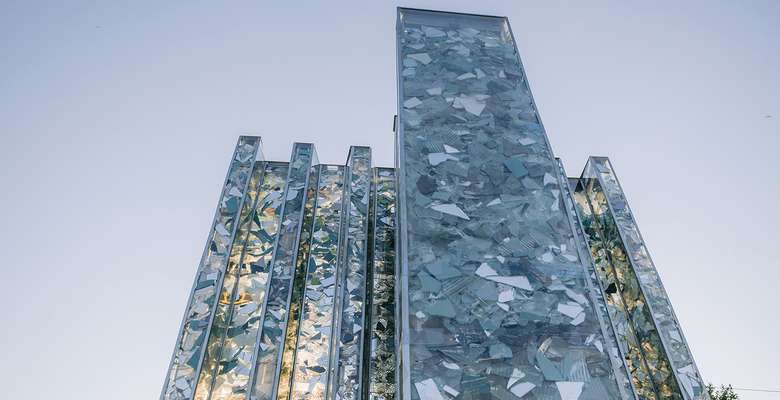
- Site-specific cases
Modernity is not often associated with ruins. Yet in the middle of an intense process of industrialization and city population growth, the utopian idea of economic growth and progress developed since the 19th century into a steep global capitalist search for profit maximization, which gave place to a large number of industrial ruins, climate and environmental crisis, social and “spatial injustice” across the globe.
By acknowledging “ruin waste” as raw material, this research purposes an alternative material form that acknowledges other non-human agencies in the process of making. Material exploration is used as a catalyst to stimulate and foster creative connections between art, architecture, material science and the collective. Methods of architectural discourse, sculpture storytelling and speculative fabulating are used to generate ideas and reimagine alternative stories for the future of the city.
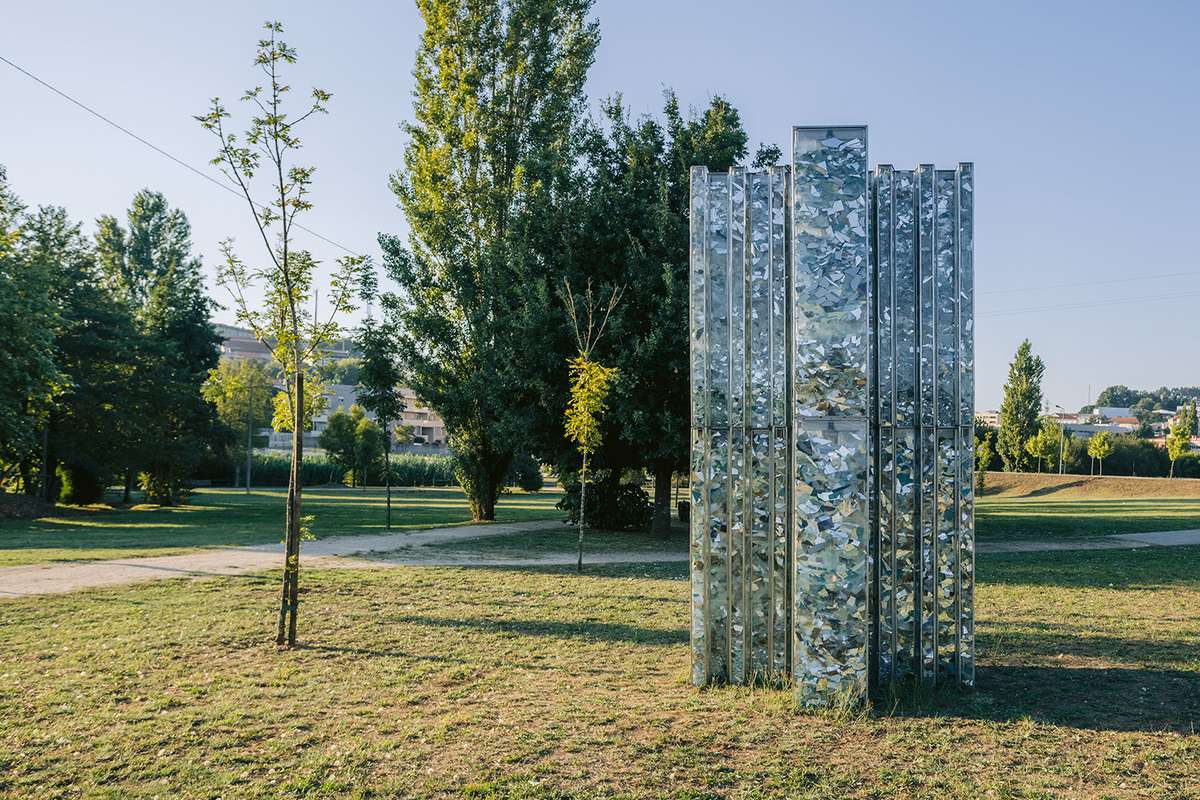
Lost Futures (2020)
Stainless steel, discarded glass
200x200x400cm
Curated by Carolina Grau (ES) for 2020 Paris Art Fair
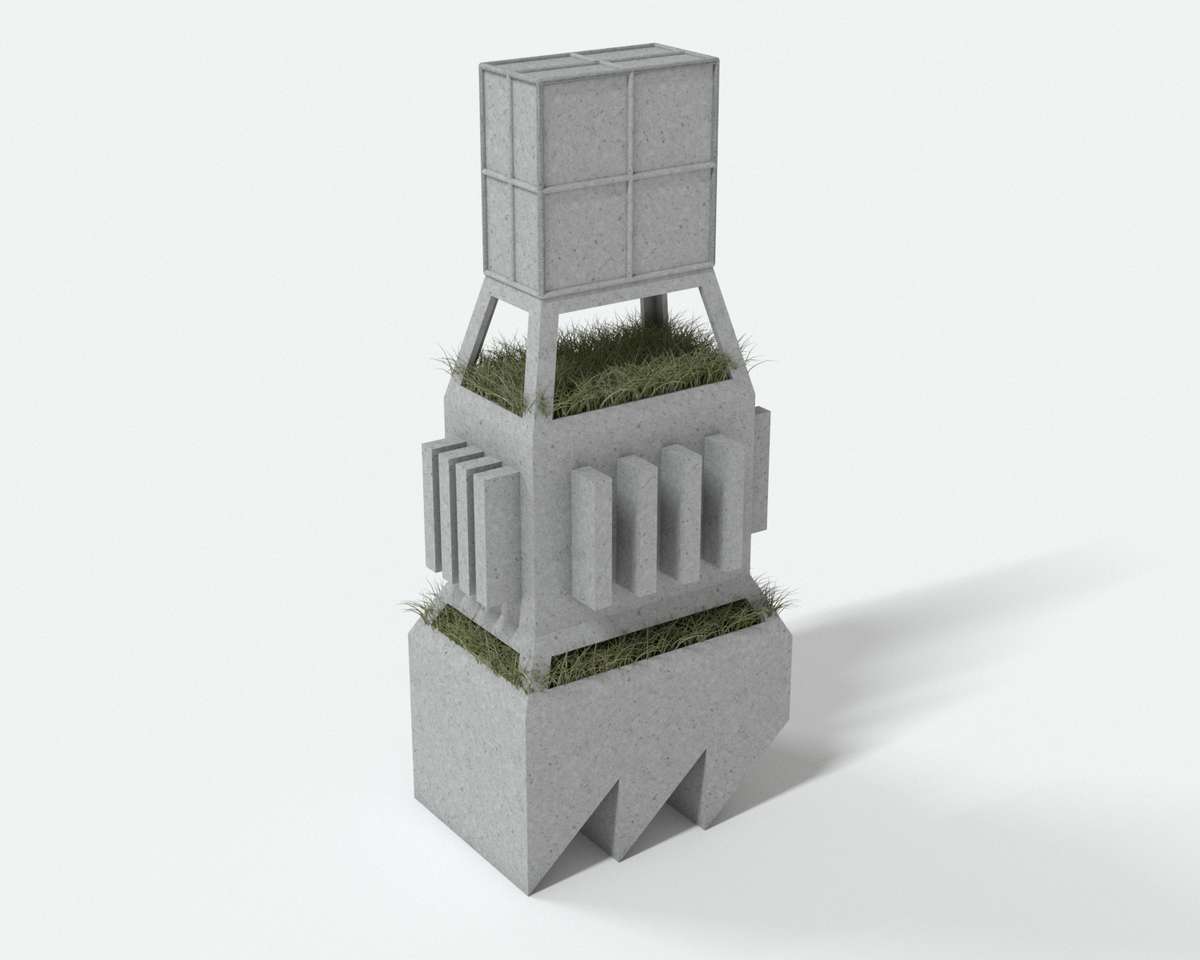
There are others here than me (2020)
Cement, industrial debris, grass
Approx. 15x10x30cm
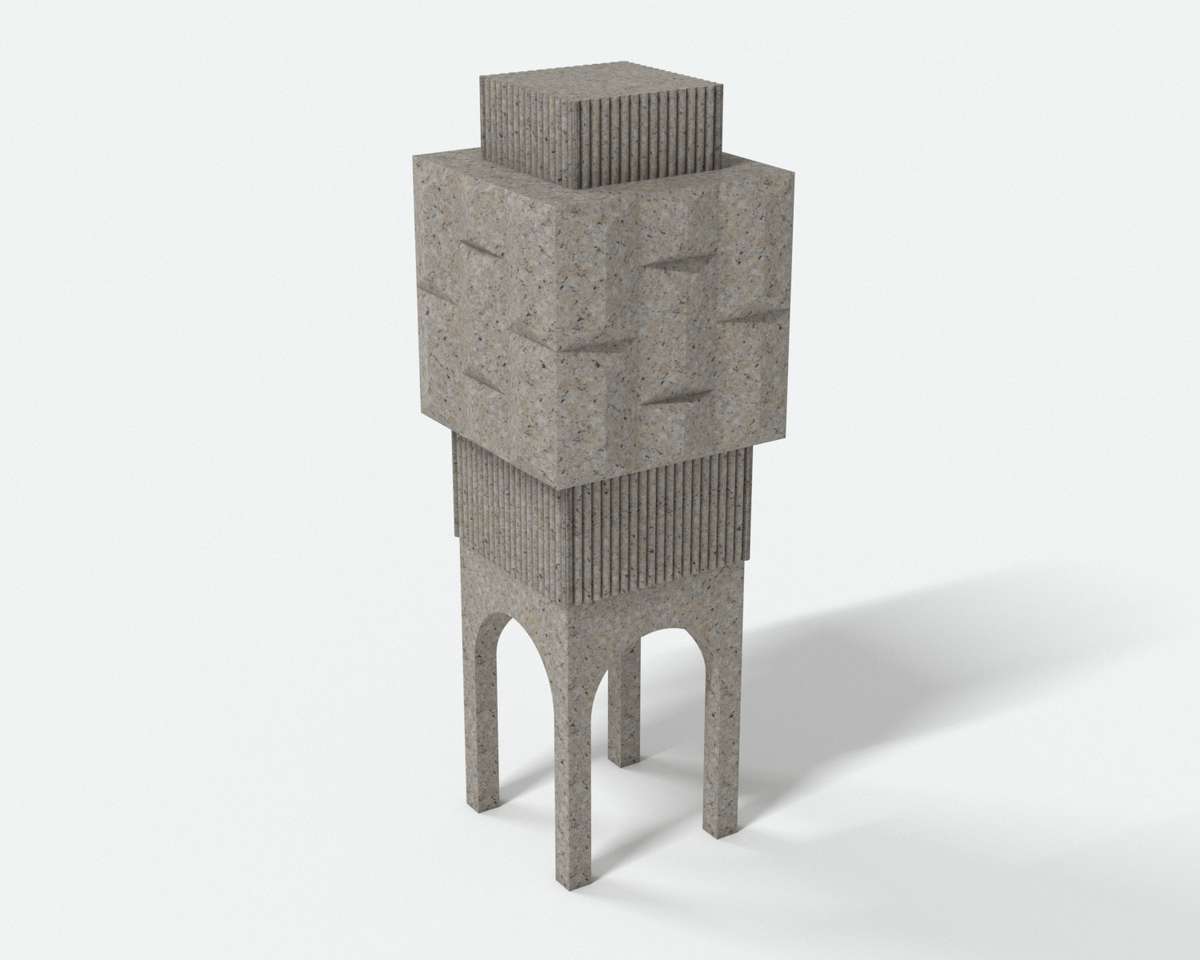
There are others here than me (2020)
Cement, industrial debris
Approx. 10x10x30cm
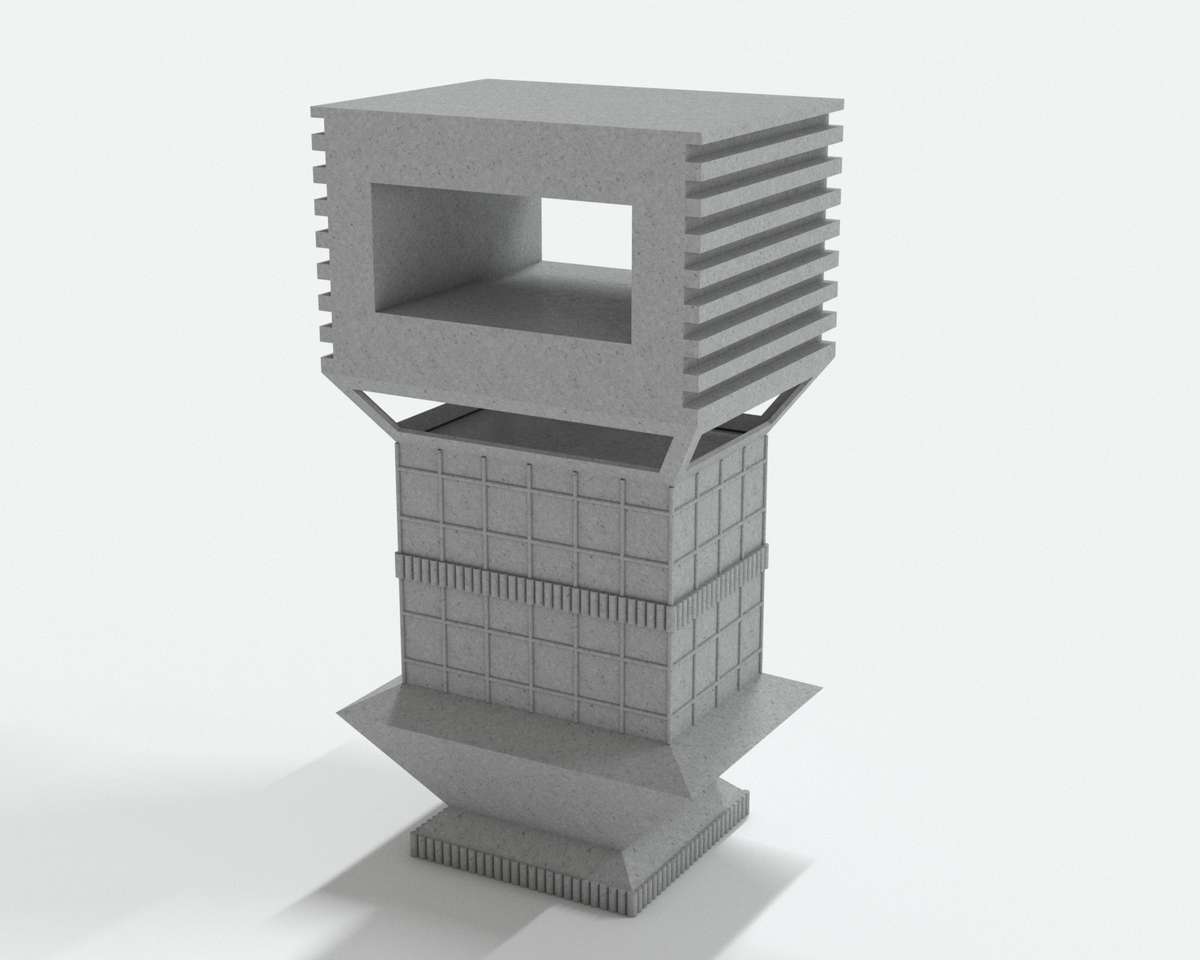
There are others here than me (2020)
Cement, industrial debris
Approx 10x10x30cm
Radical Matter
Radical Matter

- Site-specific cases
Modernity is not often associated with ruins. Yet in the middle of an intense process of industrialization and city population growth, the utopian idea of economic growth and progress developed since the 19th century into a steep global capitalist search for profit maximization, which gave place to a large number of industrial ruins, climate and environmental crisis, social and “spatial injustice” across the globe.
By acknowledging “ruin waste” as raw material, this research purposes an alternative material form that acknowledges other non-human agencies in the process of making. Material exploration is used as a catalyst to stimulate and foster creative connections between art, architecture, material science and the collective. Methods of architectural discourse, sculpture storytelling and speculative fabulating are used to generate ideas and reimagine alternative stories for the future of the city.
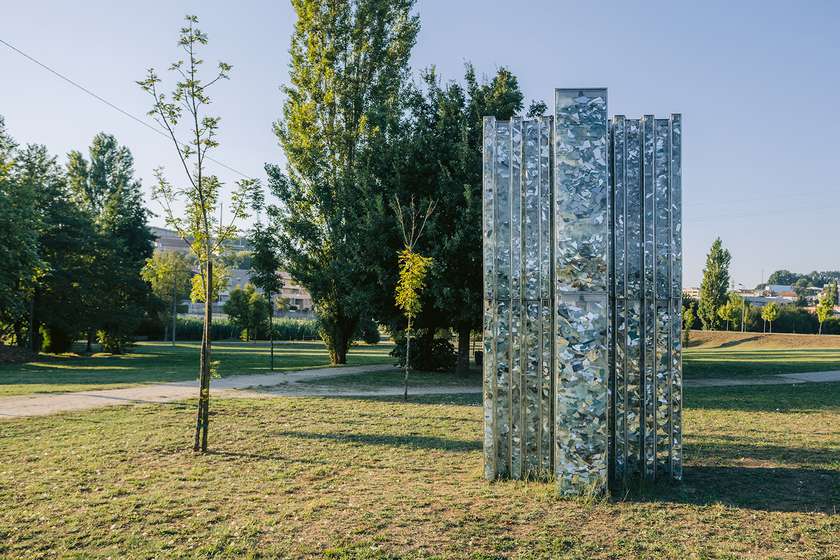
Lost Futures (2020)
Stainless steel, discarded glass
200x200x400cm
Curated by Carolina Grau (ES) for 2020 Paris Art Fair
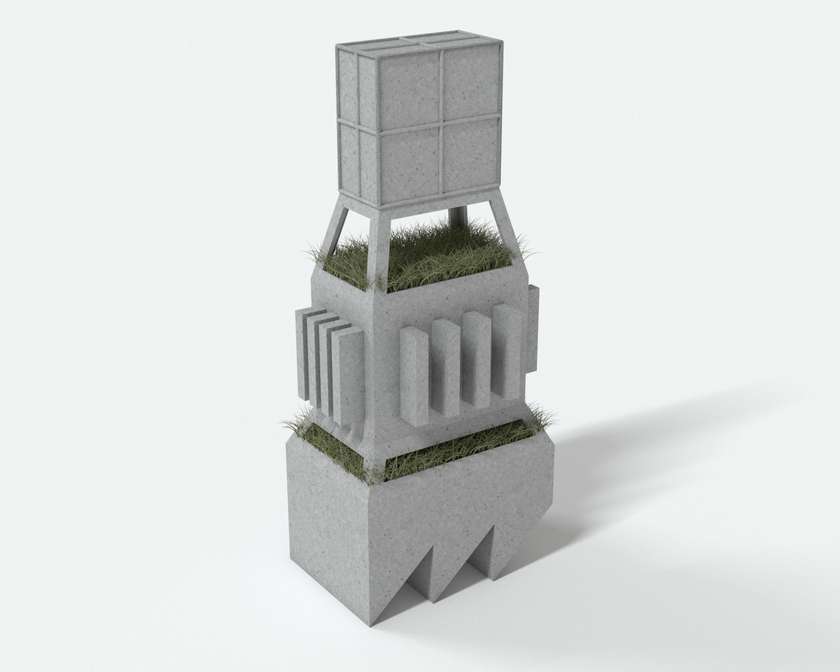
There are others here than me (2020)
Cement, industrial debris, grass
Approx. 15x10x30cm
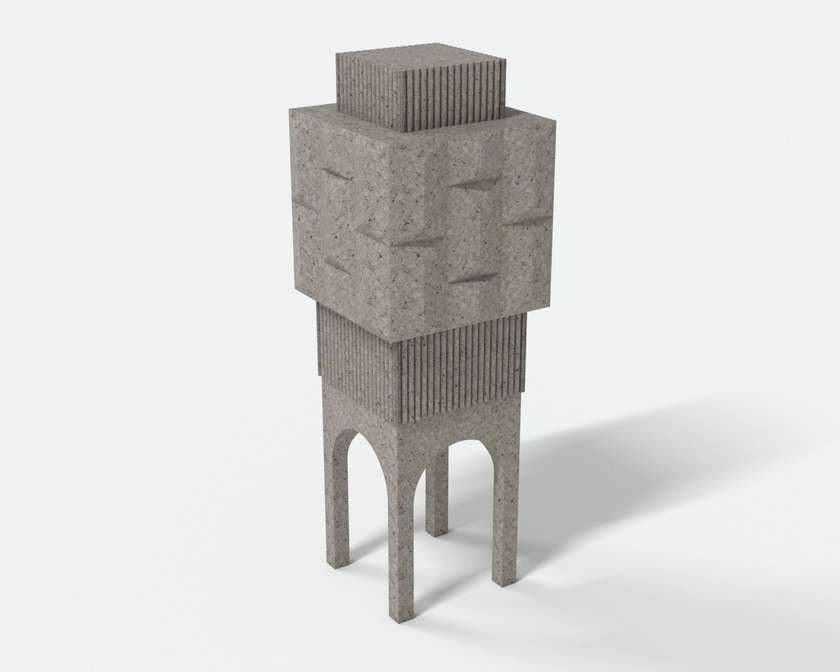
There are others here than me (2020)
Cement, industrial debris
Approx. 10x10x30cm
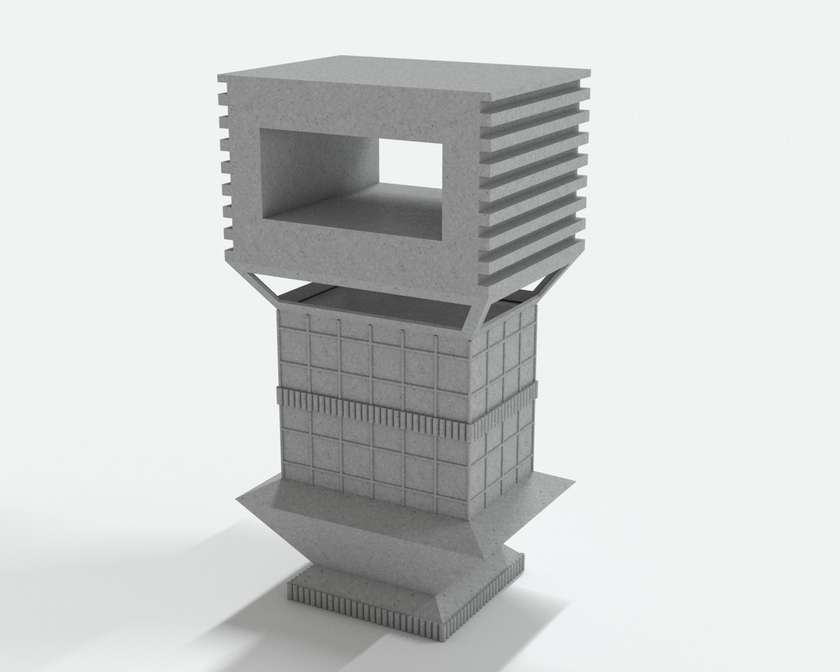
There are others here than me (2020)
Cement, industrial debris
Approx 10x10x30cm